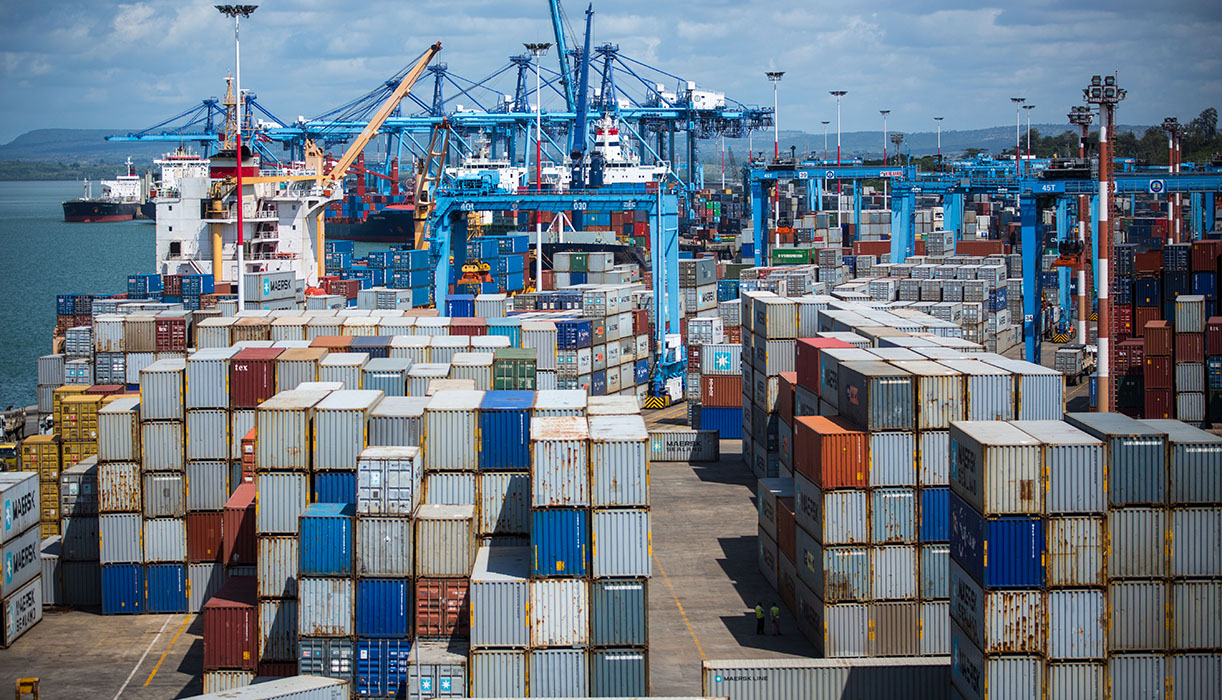Address
304 North Cardinal St.
Dorchester Center, MA 02124
Work Hours
Monday to Friday: 7AM - 7PM
Weekend: 10AM - 5PM
Address
304 North Cardinal St.
Dorchester Center, MA 02124
Work Hours
Monday to Friday: 7AM - 7PM
Weekend: 10AM - 5PM

Special Economic Zones (SEZ) are established geographic areas contained within a country where the rules of business are different from those that prevail in the rest of the national territory. The zone is given a business environment that is intended to be more liberal from a policy perspective and more effective from an administrative perspective than that of the rest of the national territory. These differential rules mainly deal with investment conditions, international trade and customs, taxation, and the regulatory environment.
A distinction should be made between a Special Economic Zone and an Export Processing Zone. Although Export Processing Zones also have preferential treatment especially when it comes to taxationthey are different from SEZ because they strictly manufacture goods for export purposes only.
In Kenya, Special Economic Zones are regulated under the Special Economic Zones Act, 2015. Special Economic Zones in Kenya are created through a gazetted declaration made by the Cabinet Secretary for industrialization. Some of the Special Economic zones that may be created in Kenya include Free Trade Zones (FTZ), Industrial Parks, Free Ports, ICT Parks, Science and Technology Parks, Agricultural Zones, Tourist and Recreational Zones, Business Service Parks and Livestock Zones.
The management of Special Economic Zones in Kenya is under the Special Economic Zones Authority. The Authoritygrants licences to operate in a Special Economic Zone either as a Special Economic Zones Developer, operator or enterprise.
Any person who intends to carry on business as a Special Economic Zones Developer, operator or enterprise must apply to the Authority for the appropriate licence or for a renewal of the same. The Authority in deciding on the application considers the specific engineering and financial plans of the applicant, financial viability of the project, and environmental and social impact of the proposed project. The Authority makes its decision within a month after application of the licence or its renewal.
Requirements for a licence to operate in a Special Economic Zones
| Special Economic Zone Developer | Business enterprise |
| 1. Be a company incorporated in Kenya for the purpose of undertaking Special Economic Zone activities. 2. Have the financial capacity, 3. Have the technical and managerial expertise 4. Have a track record of relevant development or operational projects. 5. Own or lease land or premises within the Special Economic Zone. | 1. Be a company incorporated in Kenya 2. Proposes to engage in any activity eligible to be undertaken by a Special enterprise in the SEZ, 3. Does not have a negative impact on the environment or activities invading on national security or presenting a health hazard; and 4. Conducts business in accordance with the laws of Kenya. |
What will make Special Economic Zones attractive to investors?
All Special Economic Zone transactions they shall be granted tax incentives as specified in the respective tax laws.All licensed developers, enterprises, and operatorsare also exempted from stamp duty on any instrument relating to their business activities. The provisions of the Foreign Investments and Protection Act relating to certificate for approved enterpriseandthe Statistics Act do not apply to all licensed developers, enterprises, and operators.
Further, they are exempted from paying advertisement fees and business service permit fees levied by the County Governments. They do not require to possess a general liquor licence, the hotel liquor licence, manufacturing Licences under the Tea Act, and the Licence to trade in unwrought precious Metals. The rent or tenancy controls under the Landlord and Tenant (Shops, Hotels and Catering establishments) Act do not apply to them. All licensed Special Economic Zone enterprises, developers and operators are entitled to work permits of up to 20% of their full time employees. Additional work permits may be obtained for specialised sectors.
ASpecial Economic Zone developer can also freely participate in international financial markets without any legal barriers. They canprovide utilities and other services outside the Special Economic Zone.
A licensed Special Economic Zone enterprise enjoys full protection of its industrial and intellectual property rights. In addition, itsproperty rights are protected against all risks of nationalization or expropriation. The enterprise can fully repatriate all capital and profits to its home country. It may admit in the Special Economic Zone, export and sell at its own price all kinds of goods and services. A Special Economic Zone enterprise has the right to transact and carry on business with a non-Special Economic Zone enterprise. The enterprise can also contract with any enterprise on any matter on land or buildings within the Special Economic Zone.
The final incentive for operating in a special economic zone is a clear dispute resolution mechanism. Any disputes arising between a Special Economic Zonedeveloper, enterprise or operator and the Authority or the Government can be settled amicably within 30 days. If after 30 days it is not solved it is referred to arbitration. The arbitration may be conductedin accordance with the rules and procedure for arbitration set by widely acceptable arbitration bodiesor in accordance with the Kenyan Arbitration Act. If the parties do not agree to the arbitration mechanism to be used within 14 days, the Arbitration Act will apply.